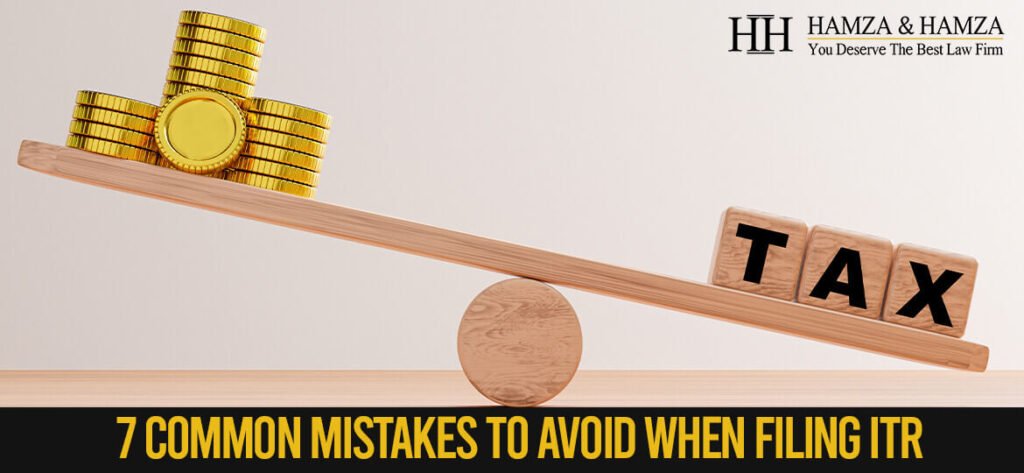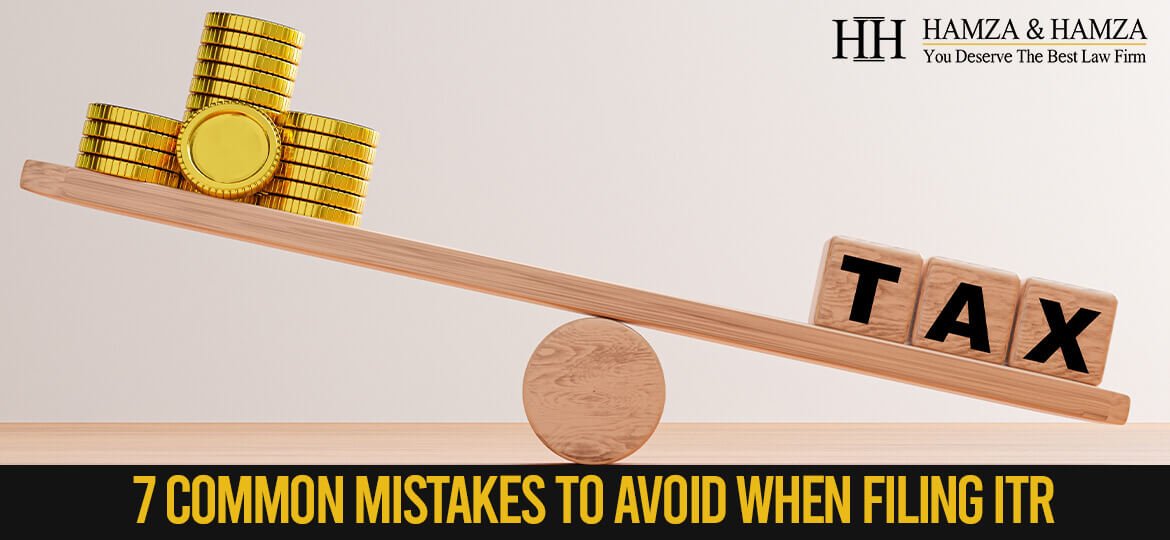Mistakes in your tax return might seem minor, but they can lead to significant consequences. Understanding the impact of tax filing errors consequences can help you avoid penalties, interest, and even audits. In this guide, we’ll explore the common errors, their repercussions, and how to correct them
Also Read: Business Tax Audit Procedures

Introduction to Tax Filing Errors
Filing taxes is a critical responsibility for individuals and businesses alike. However, the complexity of tax laws means errors can easily occur, ranging from simple math mistakes to unreported income. While some errors might result in minor corrections, others can lead to serious legal and financial repercussions.
Tax authorities, such as the IRS, prioritize accuracy in tax returns. Even an unintentional mistake can trigger penalties, audits, or delayed refunds. Therefore, understanding the tax filing errors consequences is essential to stay compliant and protect your financial health.
Common Tax Filing Errors
Recognizing common errors can help you avoid them. Here are the most frequent mistakes taxpayers make:
1. Mathematical Mistakes
Errors in calculations can lead to incorrect tax liabilities. While tax software reduces this risk, manual filings often contain such mistakes.
2. Missing or Incorrect Information
Providing wrong Social Security Numbers (SSNs), Tax Identification Numbers (TINs), or bank account details can result in delays or rejections.
3. Failure to Report All Income
Omitting income from freelance work, side gigs, or other sources is a common issue that may raise red flags with tax authorities.
4. Incorrect Deduction Claims
Claiming deductions or credits you’re not eligible for can result in audits or penalties.
5. Filing Under the Wrong Status
Choosing the wrong filing status (e.g., single, married, head of household) can alter your tax liability significantly.
6. Late or Non-Filing
Missing the tax filing deadline can result in fines and interest on unpaid taxes.
The Consequences of Tax Filing Errors
The consequences of tax filing errors vary depending on the nature and severity of the mistake. Here’s a detailed breakdown:
1. Financial Penalties
Tax authorities impose fines for incorrect or incomplete filings. Penalties can range from a small fixed amount to a percentage of the unpaid tax.
- Failure-to-File Penalty: Typically 5% of unpaid taxes per month, up to 25%.
- Failure-to-Pay Penalty: 0.5% of unpaid taxes per month, increasing over time.
2. Interest on Unpaid Taxes
Interest accrues daily on unpaid taxes until the full amount is settled. This can add a substantial burden over time.
3. Delayed Refunds
Errors can delay refunds, particularly if tax authorities need to verify the accuracy of your return.
4. Increased Audit Risk
Significant discrepancies in your tax return can trigger audits. An audit involves a thorough review of your financial records and can be time-consuming and stressful.
5. Legal Consequences
Severe cases of tax fraud or evasion may lead to criminal charges, resulting in heavy fines or imprisonment.
6. Impact on Future Filings
Recurring errors may lead to closer scrutiny of your future tax filings, making compliance more challenging.
Steps to Correct Tax Filing Errors
Mistakes happen, but correcting them promptly can mitigate the consequences. Here’s how to fix tax filing errors:
1. Identify the Error
Review your tax return carefully to pinpoint mistakes, such as incorrect numbers or omitted income.
2. File an Amended Return
If you discover an error after submission, file an amended tax return using Form 1040-X (for U.S. taxpayers). This form allows you to correct previously filed returns.
3. Contact Tax Authorities
If the error involves missing or incorrect documentation, reach out to your tax authority for guidance.
4. Pay Outstanding Taxes
If you owe additional taxes due to an error, pay them as soon as possible to reduce penalties and interest.
5. Consult a Tax Professional
A CPA or tax advisor can help navigate the correction process and ensure compliance with tax laws.
Also Read: Tax Advantages for LLCs

How to Avoid Tax Filing Errors in the Future
Preventing tax filing errors is better than dealing with their consequences. Follow these tips to ensure accurate filings:
1. Use Reliable Tax Software
Modern tax software automates calculations and checks for common mistakes, reducing human error.
2. Keep Detailed Records
Maintain organized records of income, expenses, and deductions to simplify tax filing.
3. Double-Check Your Return
Review all entries, calculations, and forms before submission. Pay attention to details like SSNs and bank information.
4. Stay Updated on Tax Laws
Tax laws change frequently. Stay informed to ensure compliance with current regulations.
5. Seek Professional Help
For complex returns or large financial transactions, consult a tax professional to avoid costly mistakes.
Frequently Asked Questions About Tax Filing Errors Consequences
1. What happens if I make a mistake on my tax return?
If you make a mistake, tax authorities may adjust your return, impose penalties, or delay your refund. Serious errors may trigger an audit or require you to file an amended return.
2. Can I be audited for a small tax filing error?
While minor errors are unlikely to result in audits, significant or recurring discrepancies can increase your audit risk.
3. How long do I have to fix a tax filing error?
You can typically file an amended return within three years from the original filing date or two years from the date the tax was paid, whichever is later.
4. Are penalties for tax filing errors avoidable?
Penalties may be waived if the error was due to reasonable cause and not willful neglect. Promptly correcting mistakes can also reduce penalties.
5. What is the best way to ensure error-free tax filing?
Using tax software, keeping accurate records, and consulting professionals are the most effective ways to avoid errors.
Conclusion
Understanding the tax filing errors consequences is crucial for maintaining financial stability and compliance with tax laws. By avoiding common mistakes, addressing errors promptly, and leveraging professional guidance, you can minimize risks and ensure smooth tax filing. Always prioritize accuracy to avoid penalties, interest, and unnecessary stress.

1 thought on “Tax Filing Errors Consequences: What Every Taxpayer Should Know”